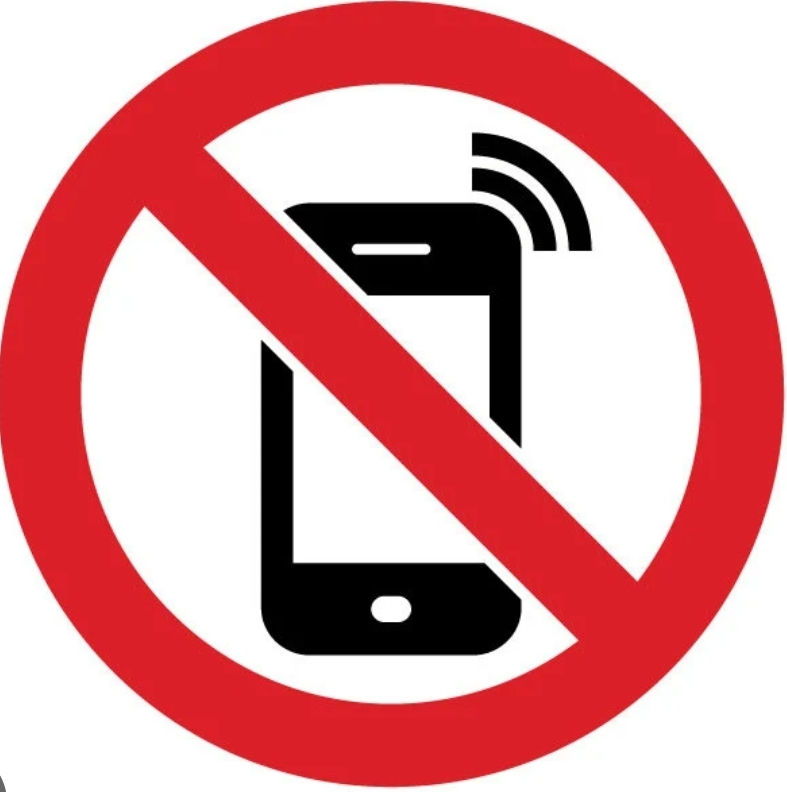A Cellphone Free Education in Shenandoah County
- Freedom Press
- Nov 5, 2024
- 3 min read
By Gloria Carlineo
The Shenandoah County School Board has recently passed a policy to ban cell phone use among its students. While the discussion of this policy has been ongoing for many months since I introduced the topic back in the Spring, it has coincided with the guidance recently provided by Governor Youngkin in his Executive Order for “Enhanced Cell Phone-Free Education.” Governor Youngkin has set January 1, 2025 as the deadline for compliance.

Why is this policy necessary and why have 7 states led by Florida passed legislation banning the use of cell phones in schools while many others, including Virginia, have followed with executive orders? It’s because there is now plenty of scientific evidence proving the harmful effects of technology, particularly cell phones, on our youth. It isn’t just the content of what our kids are exposed to but the actual device itself. This explains why so many of these initiatives are driven by educators and parents who recognize the adverse effects caused by smartphones. In fact, a 2023 Pew Research Center survey found that 72% of high school teachers felt cell phone use was a major problem in schools. Meanwhile, a Washington
Post-George Mason University poll a few weeks ago showed that 69% of
Virginia parents of school-aged children support Cell Phone-Free
Education INCLUDING during lunch and class breaks.
Most of us know that there is a mental health crisis in our country, particularly among our youth. From drug use, school shootings, suicide, bullying, fights, and overall student misbehavior, our kids are in trouble.
Too many children aren’t having normal childhoods nor are they developing the life skills they will need to succeed in the real world. Dr. Jonathan Haidt, author of “The Anxious Generation,” explains how the rates of anxiety, depression, & self-harm have more than doubled among girls since 2012. This timeline coincides with the mass introduction of smartphones to so many children in the U.S. He calls it “The Great ReWiring of Childhood,” not “great” because it has been good, but because it is so pervasive.
Surveys have shown that young people today are on their phones between 7-10 hours a day, about 5 of those on social media. Some of that time happens during school hours or at times kids should be sleeping, exercising or socializing. For an in-depth explanation of the science behind the drug-like addiction that cell phones and technology produce I highly encourage Mr. Brad Huddleston’s book “Digital Cocaine.”
Another important point that Dr. Haidt, Mr. Huddleston, and dozens of other scientists, doctors, and researchers agree on is that the cell phone “drug” rewires a developing brain in ways that could adversely affect the child forever. Again, while they all agree that the content of the screen time can be very harmful for the mind and soul, they also agree that the biggest problem is the device itself and its effects on the brain more than the content itself. These repercussions include disrupted sleep, sideeffects from blue light, harm to the eyes, short attention span and ADHD symptoms, violence and anger issues, fear and isolation, lack of face-toface interactions and socialization, breakdown of the community and an inability to problem-solve by interacting with others. After all, most interactions online do not require or develop the maturity that human beings gain from interacting with one another. Simply put, phone-based childhoods stunt development as it would otherwise naturally evolve.
For this reason, I agree with the idea of banning cell phone use at all times inside the school. This policy will likely provide for a few very specific and limited exceptions, mostly for health reasons/IEPs and perhaps technical courses that must teach a technology-related application.
I am sure that the initial implementation will be challenging and the resistance from some students (and a few parents) will be something we’ll have to contend with. But I want to encourage all our parents and teachers to research the issue and understand that the children’s wellbeing is the absolute priority in implementing this policy. I hope that soon enough, we will also be enjoying the results that so many other school districts around the country have already reported on after their cell phone policies have been in place: happier students and teachers, a stronger community, and students who are better prepared to face life after school.






Comments